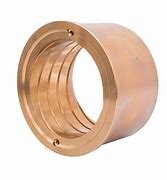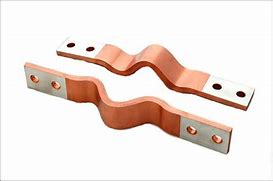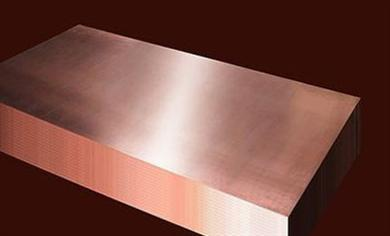Thinking of Switching from Copper Pipes to CPVC? Let’s Talk Pros and Cons.
(Replacing Copper Pipe With Cpvc?)
That shiny copper pipe in your basement? For decades, it was the king of home plumbing. Solid, reliable, long-lasting. But times change. New materials pop up, promising easier work and lower costs. CPVC is one of those newcomers. You see it in hardware stores, bright white plastic tubes. The question is simple: Should you ditch your copper for CPVC? Maybe. Maybe not. It depends entirely on your situation. Let’s break down the real differences.
First, cost. CPVC wins hands down. The pipe itself is cheaper. The fittings are cheaper. You can save a good chunk of money on materials alone compared to copper. That’s a big deal for any renovation project. Budget matters.
Next, installation. This is where CPVC really shines for many DIYers. Working with copper needs skill. You need a torch, solder, flux. It takes practice to make clean, leak-proof joints. Mess it up, you risk leaks or worse, fire. CPVC? It’s mostly about cutting the pipe straight and gluing the joints with special cement. It’s cleaner. It’s faster. No flames needed. For someone tackling plumbing for the first time, CPVC feels much less intimidating. You can often finish a job in half the time.
But copper fights back hard on durability and heat. Copper is tough. It handles high water pressure beautifully. It laughs off hot water temperatures way beyond what your heater produces. You won’t find copper pipes warping near a water heater. CPVC has limits. Very hot water, above a certain point, can soften it over time. High pressure? It handles it okay within its ratings, but it doesn’t have the brute strength of metal. Think about where the pipes run. Near a furnace or boiler? Copper might be the safer long-term bet.
Cold weather is another consideration. Both can freeze and burst. Copper might dent or split. CPVC often shatters more dramatically when frozen solid. Insulation is key for either material in unheated spaces.
Then there’s longevity. Properly installed copper can easily last 50 years or more. It’s proven. CPVC hasn’t been around quite as long in widespread home use. While modern formulations are good, the long-term track record beyond 20-30 years is still being written. Some older types had issues with becoming brittle. Newer stuff seems better, but time is the ultimate test.
Water taste? Some people swear they taste a slight plastic note with CPVC, especially when the water is hot or the pipes are new. Copper can sometimes add a slight metallic tang. Both effects usually fade. It’s rarely a major health concern with approved materials, but taste is personal.
Noise is a tiny factor. Water flowing through copper pipes can sometimes make a faint “pinging” sound as the metal expands and contracts with temperature changes. CPVC is quieter. You probably won’t notice the difference unless your house is very quiet.
Finally, check your local building codes. Some areas have specific rules about where plastic pipe like CPVC can be used, especially for hot water lines or near certain appliances. Never assume it’s okay everywhere copper is. Get the facts for your town.
(Replacing Copper Pipe With Cpvc?)
So, is CPVC a magic bullet replacing copper? Not really. It’s a fantastic option for many cold water lines, easier DIY projects, and tight budgets. It saves time and money upfront. But copper still holds advantages for high-heat areas, maximum durability under pressure, and proven multi-decade performance. Your best choice comes down to the specific job, your skills, your wallet, and local rules. Weigh the trade-offs carefully before grabbing the glue or the torch.
Inquiry us
if you want to want to know more, please feel free to contact us. (nanotrun@yahoo.com)



